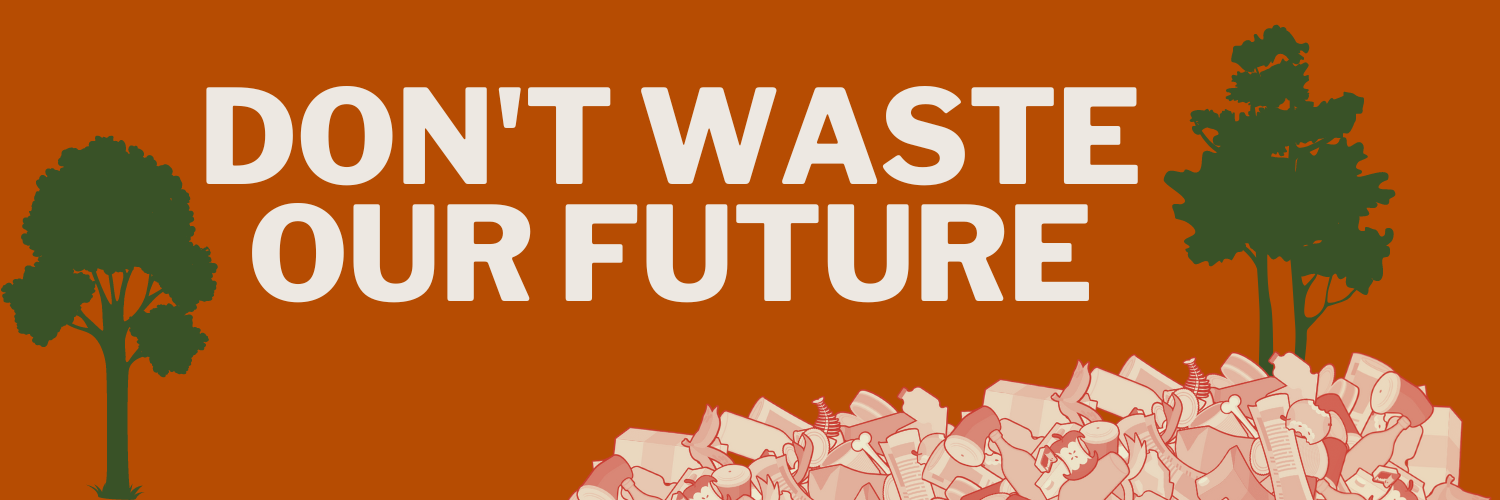u.s. senate hearing spotlights momentum on recycling, bipartisan bills are a Super charge opportunity
The U.S. Senate Environment and Public Works Committee held a fabulous hearing recently, passing the mic to, as Chair Carper said, one of his “favorite subjects” - recycling practitioners from North Carolina and Washington, who shared concrete successes thanks to federal funding from Solid Waste Infrastructure for Recycling, or SWIFR grants:
Seattle recently established a Food Rescue Innovation Grant program to help improve the distribution of edible, unsold food to feed people while reducing food going to waste. City studies have shown that food is the single largest material going to garbage from Seattle businesses and is a significant contributor to greenhouse gases. Seattle is also establishing a Salvaged Lumber Warehouse to support their local deconstruction sector in salvaging lumber that can be reclaimed and reused from old buildings.
In North Carolina, recycling data is difficult to come by, due to the complexity of tracking the waste stream, and thanks to a SWIFR grant, is conducting a statewide materials management optimization study, including vital waste characterization and a recycling hub-and-spoke infrastructure assessment to address capacity in rural areas. In North Carolina, the two largest, regional landfills – which, together, accept approximately 25 percent of the state’s waste – are approaching capacity within the next decade.
Cody Marshall, from the Recycling Partnership, shared that our national recycling system continues to operate with insufficient funding, resulting in just 21% of recyclable material being captured and a staggering under-recycling of all materials. The Partnership’s data shows that 76% of recyclables are lost at the household level, emphasizing the critical need to ensure all households have access to recycling services and are effectively educated and engaged on how to recycle locally.
Chairman Carper and ranking member U.S. Senator Capito noted the bipartisan support for The Recycling Infrastructure and Accessibility Act and the The Recycling and Composting Accountability Act, which are steps forward to collect better national recycling and composting data and start up a recycling infrastructure pilot program, aimed at rural and disadvantaged communities.
